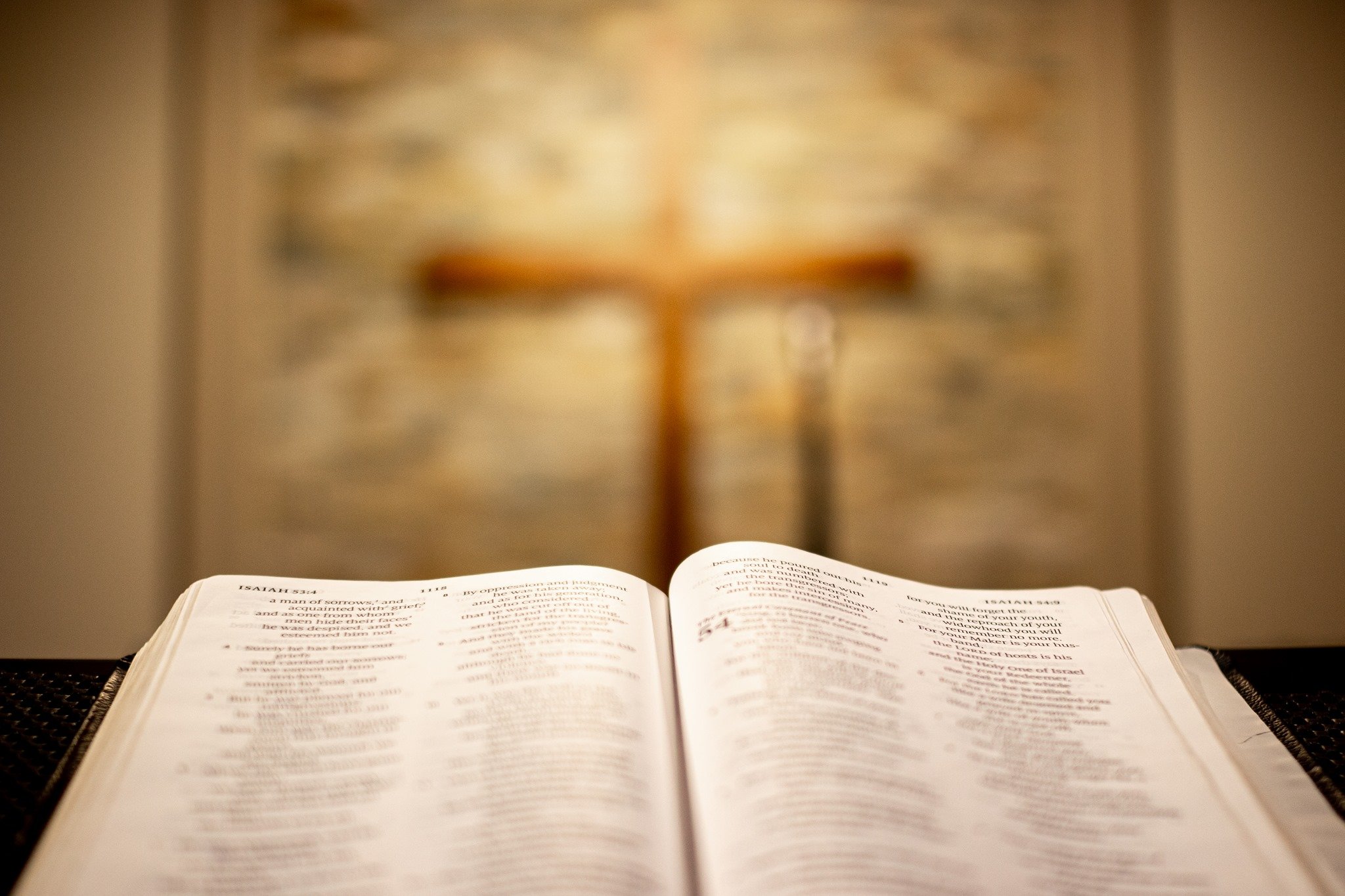
Worship with us.
11:00 a.m. Sundays
Have you been redirected here in your search for PDF Bible studies from our old site? Click here.
Our Latest Message:

Books by Pastor Rick
Growth Matters is designed to guide new believers through their first steps in following Jesus Christ. Beginning with the significance of baptism, it explores foundational topics such as salvation, the church, the nature of God, the transforming work of the Holy Spirit, understanding the Bible, the power of prayer, facing suffering, and sharing the gospel. This practical and accessible resource also includes valuable appendices for the new Christian.
Growth Matters is designed to lead a new believer in Bible study. For this reason it is written as a workbook requiring the reader to open the scriptures and answer questions as they go. In this way, the new Christian starts their spiritual growth off right - by learning the Bible has the answers, and is designed to be read and studied. Growth Matters can be used by a new Christian as a self-directed study but is ideal for one-on-one discipleship, or small groups
Membership Matters is the new member’s workbook which we’ve used at Calvary Baptist Church for some years. It begins with a look at Christ’s design for his church, including an explanation of “the keys of the kingdom.”
After considering the authority and responsibilities of a church member, the balance of the book focuses on the essential attitudes necessary to maintain right relationships within the church.
I hope the material can be a help to you personally, or to your church.
Through a careful exposition of the qualifications of eldership, Leadership Matters provides the church with valuable training material for potential elders.
Each chapter includes thought-provoking insights in the margins and review questions for reflection or group discussion at the end of each chapter.
The book concludes with helpful appendices for the aspiring elder including a comprehensive list of assessment questions. Leadership Matters is ideal for self-study, classroom training, or one-on-one discipleship.
Visit Pastor Rick’s Website for sermon notes and other studies.
Download Our App
Stay up to date on announcements; find easy links to sermons; browse recommended resources; read sermon application questions; and more…
Learn about us…
-

About Us
Our beliefs, our philosophy and our leadership.
-

Sermons
Listen to our latest message or check out our archive.
-

Events
Check our calendar for coming times and events.
Read Our Blog
Visit our blog to read regularly posted articles from Pastor Rick and other members of Calvary.















